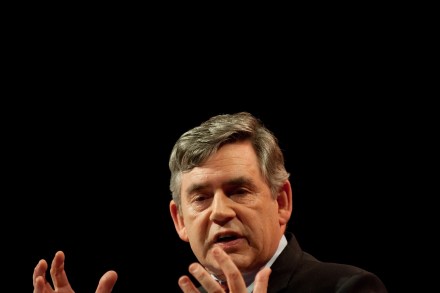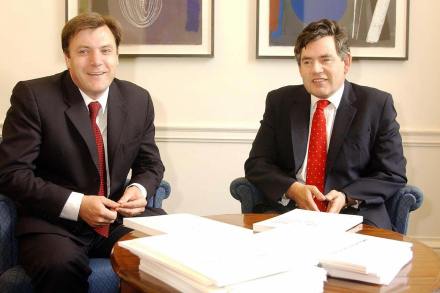Brown speaks out
We’ll try to post the video of Gordon Brown’s interview with the Beeb soon. But, for now, here’s the transcript of his remarks about News International and his son’s medical records: Gordon Brown: [The Sun] told me they had this story about Fraser’s medical condition, and that they were going to run this story. Interviewer: How did that affect you, as a father? GB: In tears. Your son is now going to be broadcast across the media. Sarah and I are incredibly upset about it. We’re thinking about his long-term future. We’re thinking about our family. But there’s nothing that you can do about it. You’re in public life, and



















